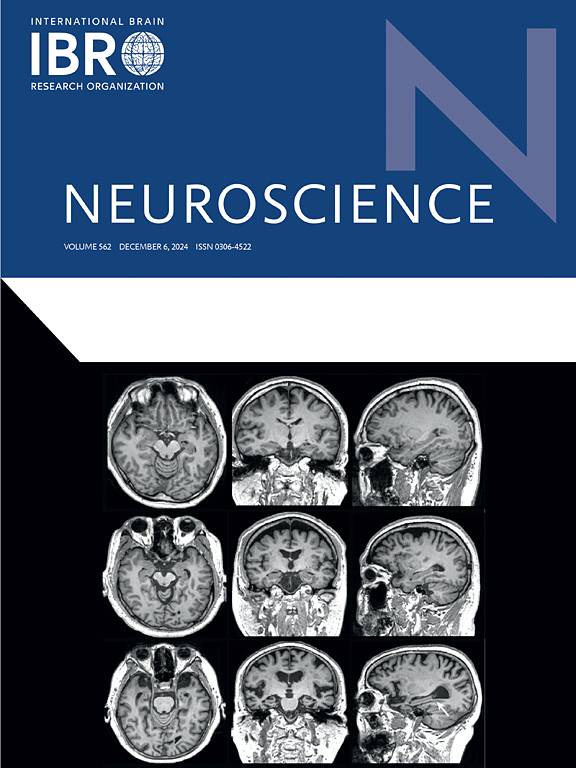Neuro-modulatory targets of aggression, depression and suicidal behaviour
IF 2.8
3区 医学
Q2 NEUROSCIENCES
引用次数: 0
Abstract
Exposomes have a significant influence on an individual’s life as they are encounter with various exposomes throughout their lifetime. While some are evident, others may remain unnoticed. A systematic examination of relevant biomarkers can be beneficial in understanding the role of exposomes associated with neuropsychological disorders. Most of the neuropsychological conditions, including depression, aggression and suicidal tendencies, are commonly prevalent worldwide. Numerous studies have been carried out regarding neurobiological markers and their pivotal role in managing these situations. However, very limited information is available regarding the correlation of these neurobehavioral abnormalities with the neurochemical and molecular alterations. Given the neuropsychological health risk, this review aimed to provide a holistic approach to exploring the involvement of several neuro-modulatory targets including neurotransmitters, inflammatory cytokines, neuro-endocrinal, molecular and genetic markers and their association with neuropsychological disorders. A thorough literature search was carried out in this direction, and relevant articles were retrieved and included in the present review. The present review unravels the interplay of exposomes in altering the neuro-modulatory targets and their linkage with neuropsychological disorders for better understanding of human behaviour and specific approach for their treatment.

攻击、抑郁和自杀行为的神经调节目标。
暴露体对人的一生影响很大,因为人一生中会接触到各种暴露体。虽然有些是显而易见的,但其他的可能还没有被注意到。对相关生物标志物的系统检查有助于理解与神经心理障碍相关的暴露体的作用。大多数神经心理疾病,包括抑郁症、攻击性和自杀倾向,在世界范围内普遍存在。关于神经生物学标记及其在处理这些情况中的关键作用,已经进行了大量的研究。然而,关于这些神经行为异常与神经化学和分子改变的相关性的信息非常有限。鉴于神经心理健康风险,本综述旨在提供一个整体的方法来探索几个神经调节靶点的参与,包括神经递质、炎症细胞因子、神经内分泌、分子和遗传标记及其与神经心理障碍的关系。我们就此方向进行了深入的文献检索,检索到相关文章并纳入本综述。本综述揭示了暴露体在改变神经调节靶点中的相互作用及其与神经心理障碍的联系,以便更好地理解人类行为和治疗方法。
本文章由计算机程序翻译,如有差异,请以英文原文为准。
求助全文
约1分钟内获得全文
求助全文
来源期刊

Neuroscience
医学-神经科学
CiteScore
6.20
自引率
0.00%
发文量
394
审稿时长
52 days
期刊介绍:
Neuroscience publishes papers describing the results of original research on any aspect of the scientific study of the nervous system. Any paper, however short, will be considered for publication provided that it reports significant, new and carefully confirmed findings with full experimental details.
 求助内容:
求助内容: 应助结果提醒方式:
应助结果提醒方式:


